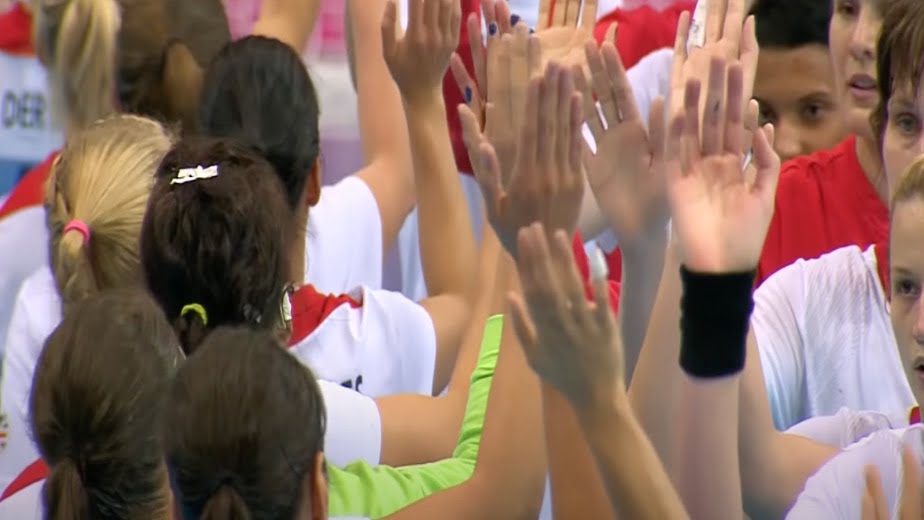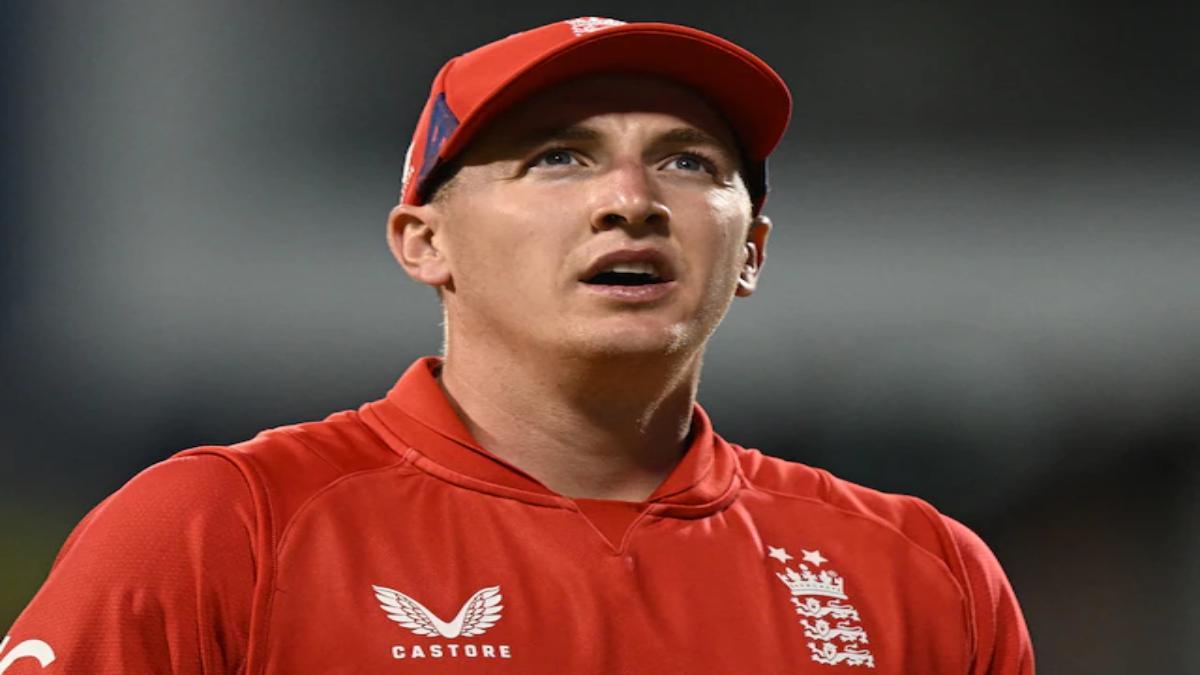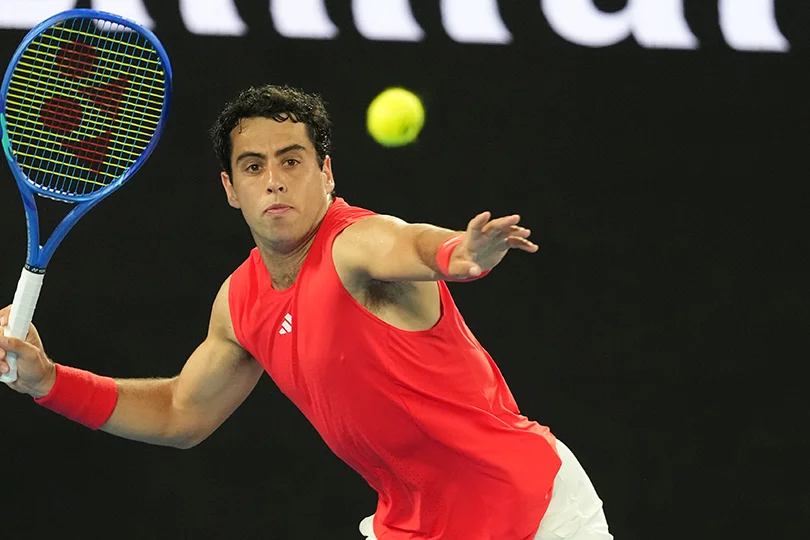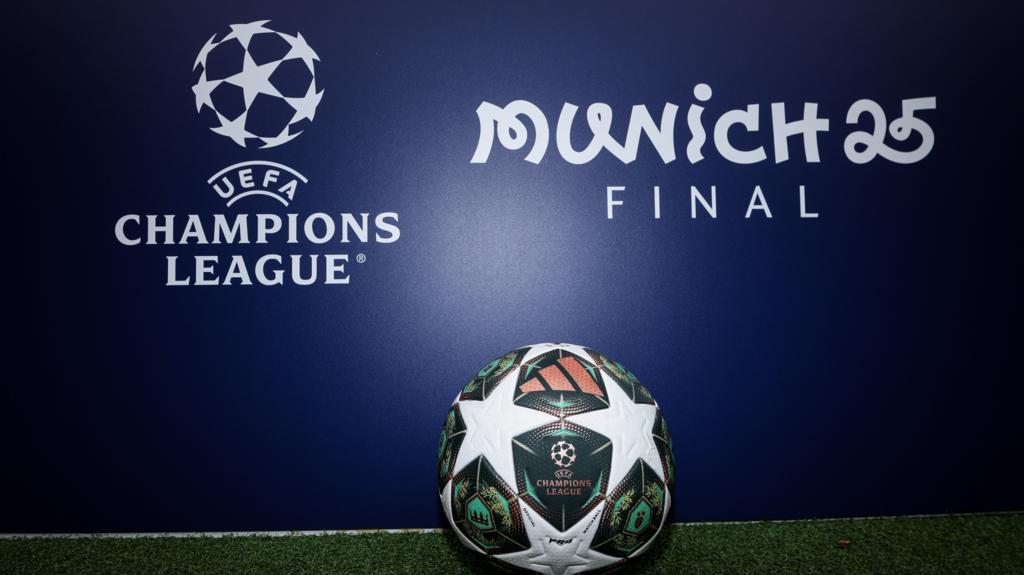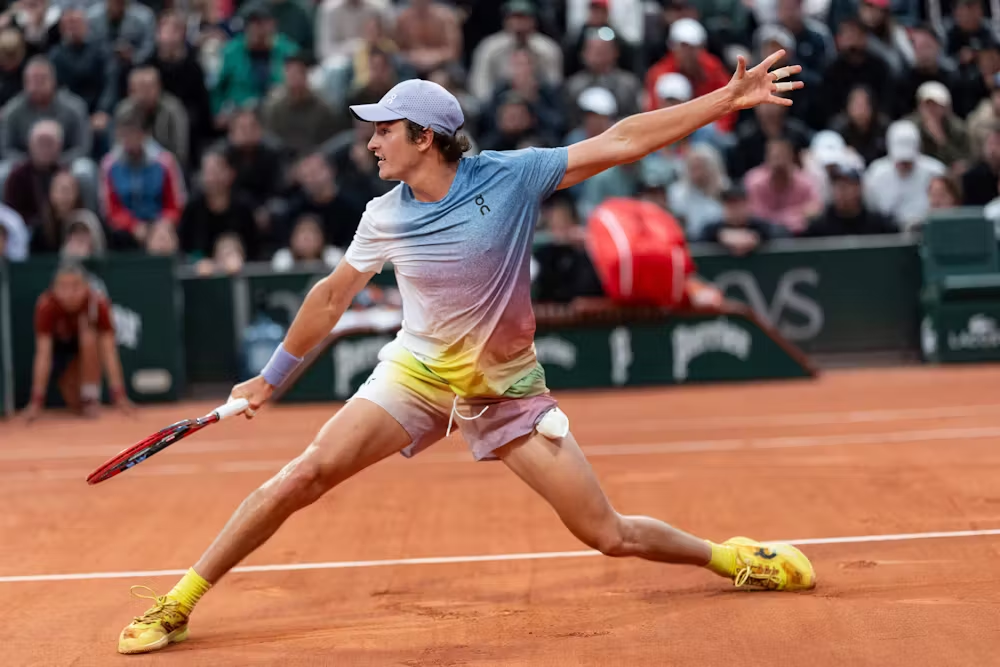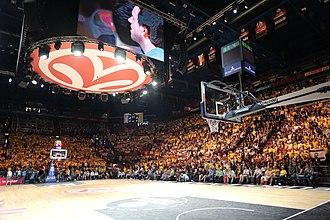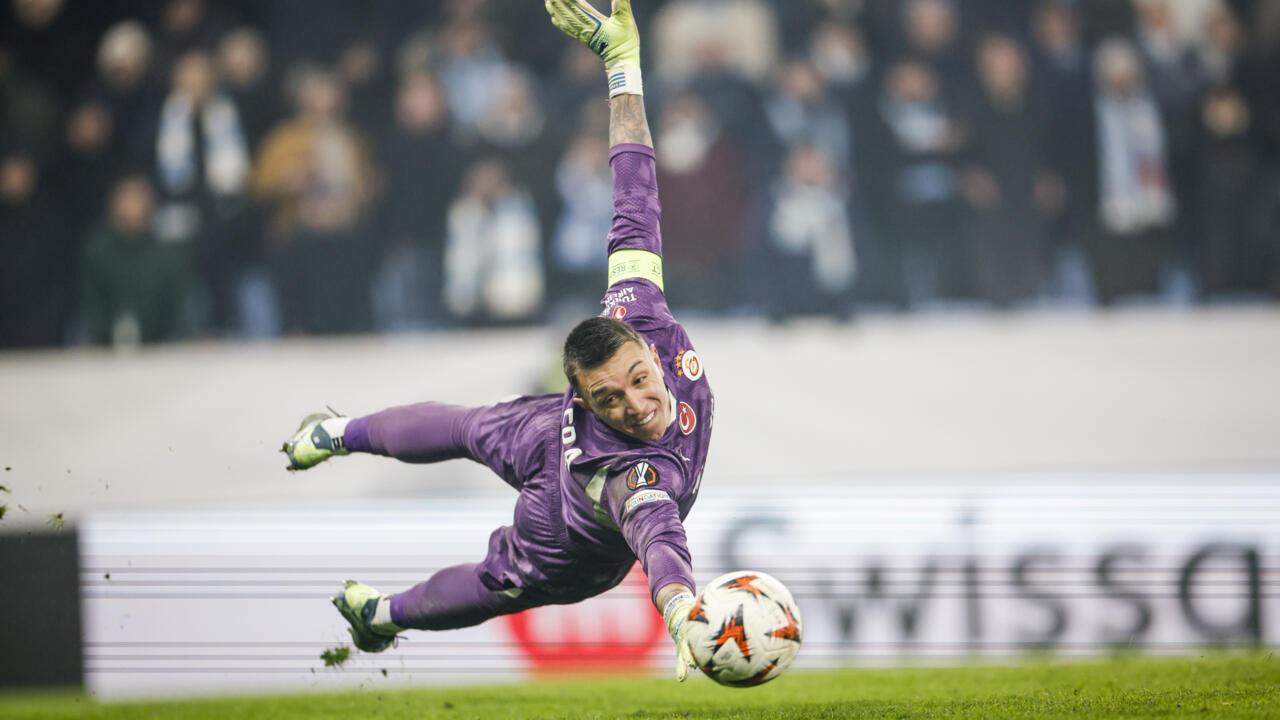New Delhi, Jul 16 (Olympics news) Tackling egos, managing resources, enforcing discipline — sounds difficult? Well, that's the life of a chef-de-mission at the Olympic Games.
The 2012 London edition was India's most successful Olympic outing with half a dozen medals and the contingent's chef-de-mission, Brig (Retd) P K Muralidharan Raja, spoke to PTI about the many back-room challenges he encountered in the job, for which he wasn't even the original choice, at least on record.
"The IOA secretary general Randhir Singh asked me a year before the Olympics, 'Brig Raja, how are you placed to be India's deputy chef-de-mission?' I said I am quite fine for it," Raja recalled.
That was also the time when Indian sport was reeling under the after-effects of the 2010 Commonwealth Games corruption scandal which had led to IOA President Suresh Kalmadi's removal and subsequent jailing along with some other IOA functionaries. V K Malhotra was at the helm of affairs for the national olympic body.
"(Hockey great) Ajit Pal Singh was to be the chef-de-mission. At the same time I was also told that Mr Ajit Pal is not too well. He always had a back ache and lot of other issues. So I was told that officially 'we are making you deputy chef-de-mission but in all probability you will have to take over as chef-de-mission'," the 65-year-old Raja said.
"One reason why they didn't announce my name as chef de mission was that there would have been an uproar in the IOA. Because chef-de-missions were usually people higher up in the hierarchy, like vice presidents or higher. I was an executive committee member at that time, comparatively junior," he revealed.
As it turned out, Ajit Pal was too unwell to make the trip to London, leaving Raja in charge. And the most challenging aspect of his job was to allot accommodation at the Games Village.
"I couldn't have allowed a situation where Leander Paes and Mahesh Bhupathi ended up in the same room," Raja laughed referring to the infamous feud between the two reigning superstars of Indian tennis surrounding who would partner Sania Mirza at the Games.
Eventually, none of them could fetch a medal but there was enough drama before departure to put a soap opera to shame.
Sania had famously lambasted the duo as well as the national federation, saying that she had been used as a bait to placate Paes. Paes had demanded that she be his mixed doubles partner at the Games.
"So with the tennis team, I had to ensure two sets of rooms in which one could go to Mahesh and other to Leander. Had I just left it to the team and told them to divide, there would have been chaos," Raja said.
"People from IOA said why are you putting your head so much to it, just aise chhabi de do, baant denge… That would have led to total chaos. And the Organising Committee was not going to give you a single extra room," he added.
Once that was settled "peacefully", Raja's next challenge came pretty soon — the "Olympic Mystery Woman" at the opening ceremony.
Clad in a red track suit, Madhura Nagendra walked beside India's flag-bearer Sushil Kumar, leaving the contingent dressed in formals dumbfounded and those watching at home bemused.
"Imagine after doing all the brain-storming to ensure that the requisite number of delegates walk during the ceremony, after so much difficulty, this girl Madhura jauntily walks in and takes away the limelight from us," he couldn't hide his amusement.
"At that time, everyone, including the athletes felt upset. They said we worked so hard to be here and this one girl has taken away all the limelight. She probably didn't realise, she took it as a joke," he said referring to the Bangalore woman who was part of a dance troupe at the ceremony.
"…she was just standing there. She thought 'arre India contingent, my country, let me just join them." The Indian contingent got an apology from the organisers after officially protesting against the security breach.
"But I was the one saddled with questions about how it happened and why it happened. But chalo, that storm also passed," he said.
Aside from this, Raja was also responsible for opening the Indian contingent's bank account in London, ensure documentation for the travelling doctors, liaison with the volunteers allotted to the country's delegation and was also in charge of the cars.
"They give you such fancy cars. And the volunteers could double up as your drivers if you cannot drive yourself. 10-12 vehicles were given to us. The number depends on the size of the contingent," he said.
And it is with managing these vehicles that Raja found his next big headache.
"After first two days, I noticed that vehicles were going missing for whole day altogether, I mean people would go shopping in these vehicles and then I started getting complaints from athletes, 'sir, humko training pe jaana hai, there is no vehicle'," he said.
"…training slots in Olympics are very specific, you cannot change them if you miss your slot," he added.
Raja recalled calling for a meeting of managers after that to get details of their local travel requirements and figure the optimum utilisation of the available vehicles.
"….there were people who wanted dedicated vehicles. One huge name with starry tantrums had her mother there as manager, she wanted a dedicated vehicle, somebody else also wanted that arrangement. Ultimately I said sorry, can't happen," he said.
Also read: IOA names Security Attache B K Sinha as Press Attache of India's Olympic contingent
"I told drivers, that if somebody goes for training for an hour, wait. Otherwise come back and go to pick them closer to the time they are done. Managers started saying 'ye to fauji type kar rahe ho aap'," he laughed again.
"Some IOA people, who were not even staying in Games village, wanted vehicles dedicated to them," he still sounded astonished.
After entertaining them a few times, Raja said he had to say, "I am sorry, it is meant for only athletes and coaches." "The responsibility is mine. They became unhappy with me but I said doesn't matter, I was anyway finishing my tenure as secretary of the boxing federation. So, I would rather do this job properly." Raja said with daily managers' meeting, it was no hassle for him to handle the logistics during the Games.
"Coordination is chef-de-mission's responsibility. In Army, we have this small notebook in which we keep noting down, what's to be done, what's done, all the points. That's how you do it here too," he said.
And what would he say to those wanting to take up the "lucrative" job in future Games? "If you take it seriously and sincerely, life of a chef-de-mission is a very hectic one." At the Tokyo Games, long-serving administrator B P Baishya will be the chef-de-mission with Prem Verma as his deputy.
News source: PTI


